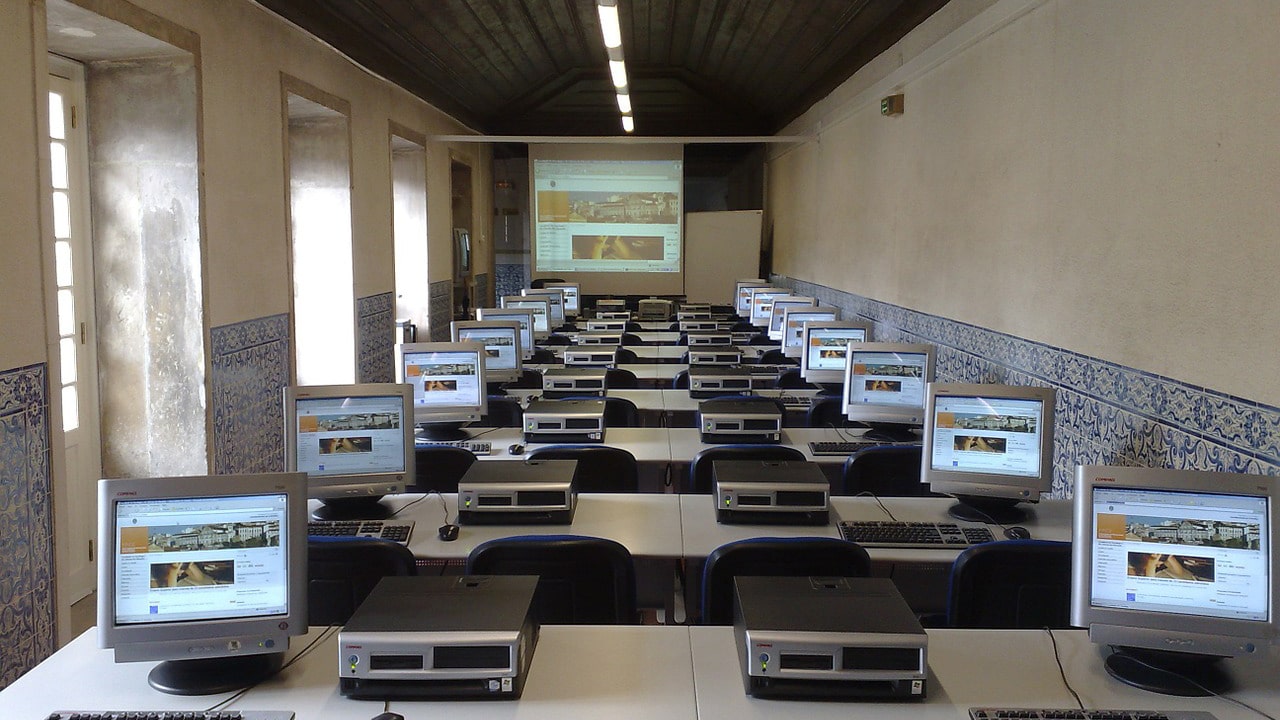
The Internet has immense potential to improve the quality of education, one of the pillars of sustainable development. The Internet is already an integral element of education in a developed nation. For many commentators, the Internet has always been an inherently educational tool.
A new study of Texas schools finds that increased internet-access improved academic performance. Along with that, it also prompts more disciplinary problems among students.
The study is conducted by scientists from Rice University in collaboration with Texas A&M University and the University of Notre Dame.
According to scientists, whether increased internet-access benefits students or not remains an open question. For example, some parents and policy advocates contend it improves children’s access to obscene or harmful content and disciplinary problems. Others believe it promotes personalized learning and higher student engagement.
To address such policy concerns, scientists created a multi-year dataset (2000-14) of 1,243 school districts representing more than 9,000 Texas public schools. They measured internet-access spending, 11 academic performance indicators, and 47 types of school disciplinary problems.
Using econometric techniques, they developed some causal estimates linking internet-access spending to academic performance and disciplinary problems. Student’s earning was calculated to determine the economic impact of increased annual internet spending.
Scientists noted, this study is the largest and most comprehensive study linking school internet-access spending to academic and disciplinary outcomes.
Scientists found that the increased internet-access is associated with improved graduation rates and higher numbers of students meeting SAT/ACT criteria and completing advanced courses. It also prompts improvement in commended performance in math, reading, writing, and social studies.
Surprisingly, the improvements were stronger for students who lived in counties with greater internet access.
On the other hand, increased internet-access is also associated with higher rates of disciplinary problems at schools.
The team also calculated how much economic benefit a school district’s internet access would bring students during their lifetimes. It found that a $600,000 increase in annual internet-access spending produces a financial gain of approximately $820,000 to $1.8 million per school district, together with losses from disciplinary problems totaling $25,800 to $53,440.
Study co-author Vikas Mittal, a professor of marketing at Rice’s Jones Graduate School of Business, said, “We are proud that Texas public schools can serve as a live learning case for understanding education policy. Investments in internet access provide clear and meaningful academic benefits. Yet, schools need to implement policies to address increased disciplinary issues such as cyberbullying.”
“K-12 education has transformed into virtual learning due to COVID-19. Our research conclusions apply to a setting where physical learning is supplemented by internet access.”
“These benefits cannot be expected to hold if physical learning is completely supplanted by internet-based learning.”
Journal Reference:
- Yixing Chen et al. Investigating the Academic Performance and Disciplinary Consequences of School District Internet Access Spending. DOI: 10.1177/0022243720964130
Continue reading Increased internet-access spending improves academic outcomes on Tech Explorist.
0 comments:
Post a Comment